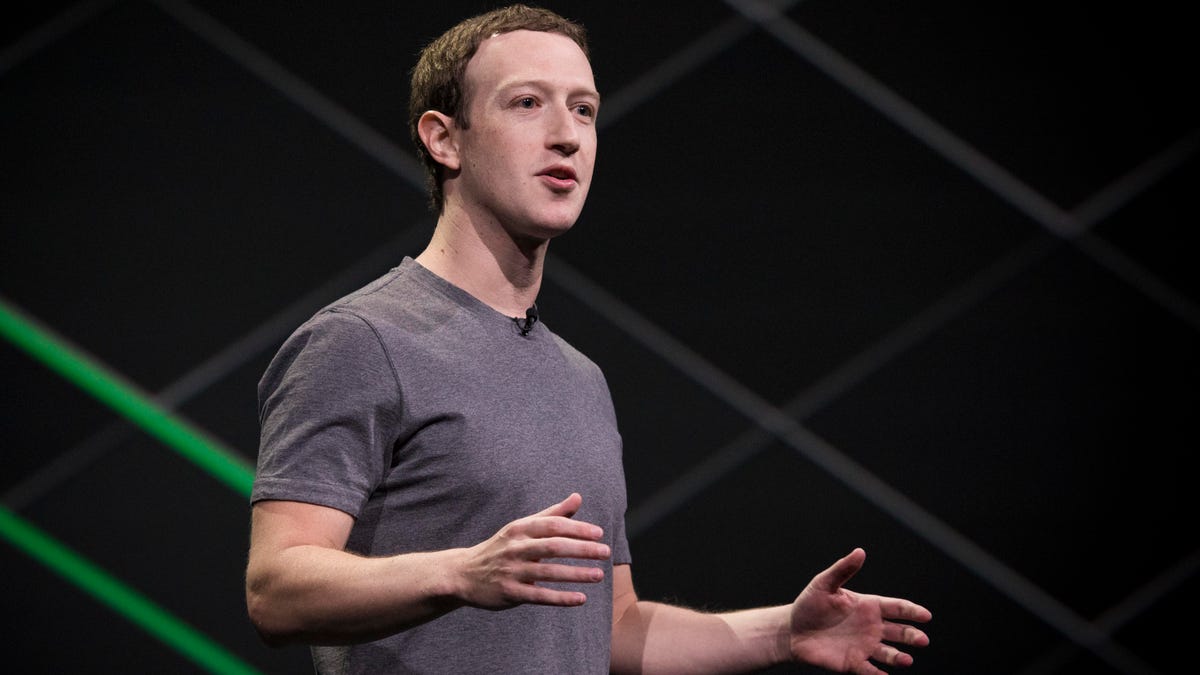Facebook allegedly runs afoul of Seattle political ads law
The city's election authority calls Facebook's response to request for information inadequate.

Seattle's election authority says Mark Zuckerberg's company has some explaining to do.
Facebook is in hot water again about the origin of political ads that appear on its platform, but this time it has nothing to do with Russia.
Seattle transparency law requires companies selling political ads aimed at the city's elections to disclose, upon request, "the exact nature and extent" of such ads, the "names and addresses" of people who purchased the ads, and specific payment details, according to The Stranger, an alternative weekly newspaper in the city.
"For more than 40 years, Washington state and Seattle law have both required those who accept advertising dollars from political campaigns to be transparent with the public about the 'exact nature and extent of the advertising services' they provide," Wayne Barnett, executive director of the Seattle Ethics and Elections Commission, said in a statement to the newspaper.
But the two-page spreadsheet Facebook submitted to the city's election authority by the law's deadline Friday "doesn't come close to meeting their public obligation," Barnett told The Stranger. "I'll be discussing our next steps this week with the City Attorney's office."
Each violation of the city election law carries a maximum penalty of $5,000.
The complaint comes amid criticism of Facebook's handling of ads during the 2016 US election. The world's largest social network, along with Twitter and Google, have been scrutinized in recent months by Congress after US intelligence agencies determined that the Russian government had used these platforms to disseminate false news and advertisements in an attempt to influence US elections in 2016.
Facebook didn't immediately respond to a request for comment.
Special Reports: All of CNET's most in-depth features in one easy spot.
It's Complicated: This is dating in the age of apps. Having fun yet? These stories get to the heart of the matter.

